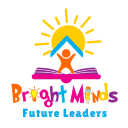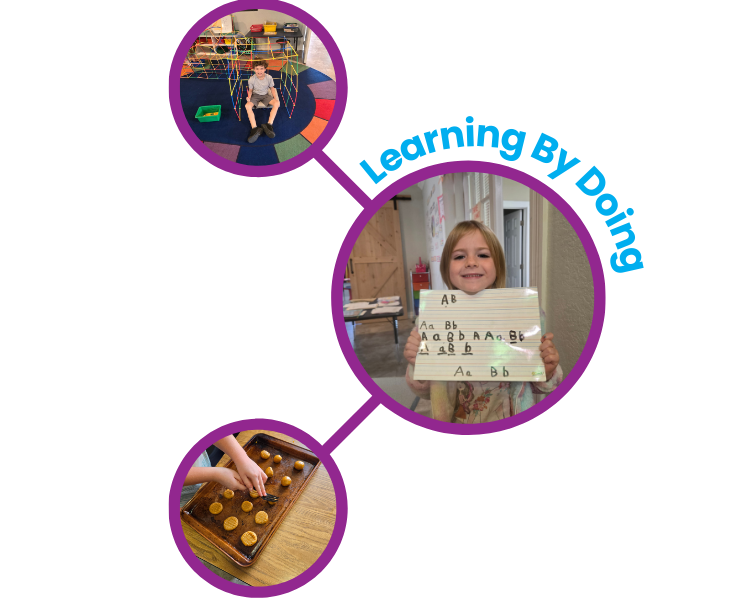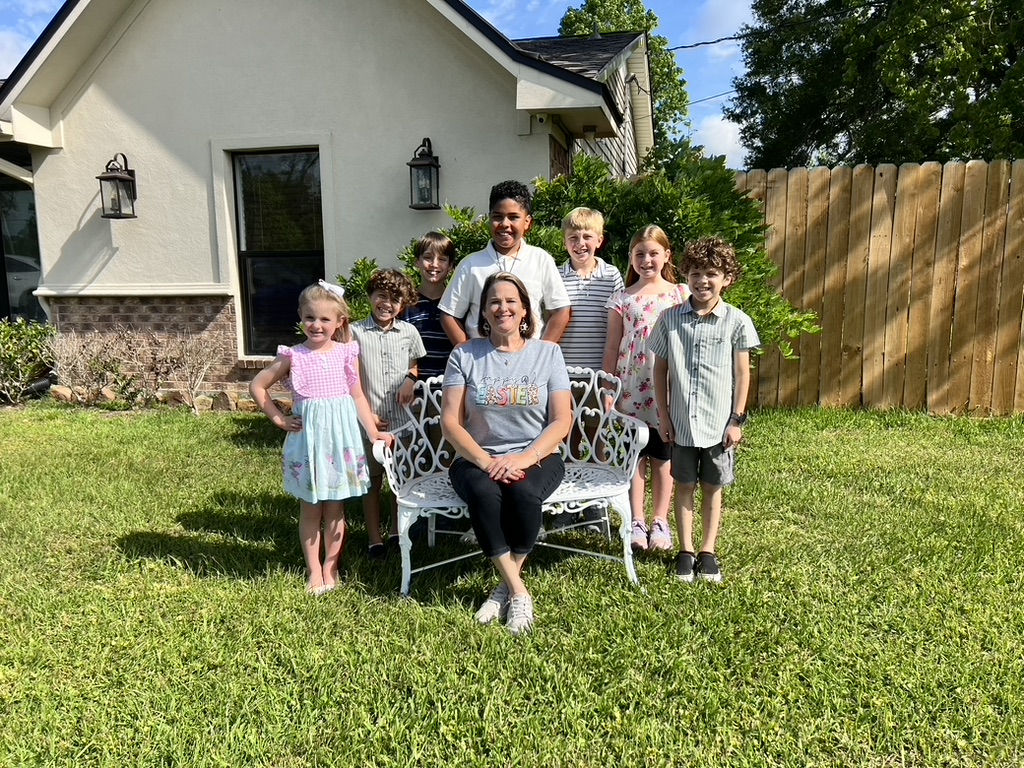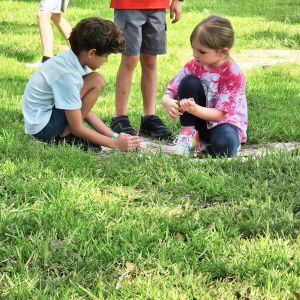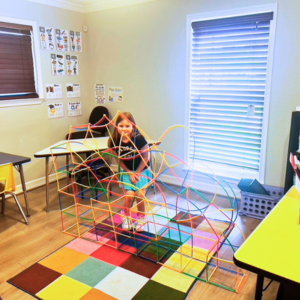I'll never forget the day a parent came to me in tears. Her bright, capable daughter had just been told by her 3rd-grade teacher that she was "behind" and might need to repeat the year. The real problem? This child was reading at a 5th-grade level but struggling with 3rd-grade math—specifically with multiplication tables that she just hadn't memorized yet.
In one sentence, the traditional grade-level system had labeled this gifted child as a failure. And she's not alone.
The Grade-Level Illusion
Here's what most parents don't realize: grade-level standards are completely arbitrary. They're created by committees who decide what the "average" child should know by a certain age. But here's the problem—that average child doesn't actually exist.
What "Grade Level" Really Means
When we say a child is "at grade level," we mean they've met a set of standards created for administrative convenience, not based on how children actually learn. The reality is:
- Some children master reading at 4 years old, others at 8—both can become excellent readers
- Math concepts click at different times for different children
- Every child has uneven development across subjects
- Learning happens in bursts and plateaus, not steady linear progress
Yet traditional schools force all 8-year-olds to learn the same content at the same pace, regardless of whether they're ready or whether they mastered it years ago.
The Damage of One-Size-Fits-All Teaching
See It For Yourself
Experience our personalized approach firsthand. Schedule a tour to see how we help every child thrive in a small, nurturing environment with ability-based learning.
For Children Who Are "Behind"
When we force children who aren't ready to keep up with grade-level curriculum, we create a cascade of negative consequences:
- Confusion compounds: They miss fundamental concepts and can't understand what comes next
- Confidence crashes: They internalize that they're "not smart" or "bad at school"
- Anxiety develops: Every day brings more confusion and falling further behind
- Gaps widen: The gap between what they know and what they're expected to know grows larger
- Love of learning dies: School becomes a place of frustration rather than discovery
"My son spent two years being told he was 'behind in reading.' He developed such anxiety about it that he'd hide books. At BMFL, Angela assessed exactly where he was, started there, and within six months he was reading at grade level. The difference? She met him where he was instead of where some chart said he should be."
For Children Who Are "Ahead"
Being ahead in a grade-level system brings its own challenges:
- Boredom sets in: They sit through lessons on concepts they mastered months or years ago
- Engagement drops: Why pay attention when you already know the material?
- Bad habits form: They learn they don't need to try or focus
- Underachievement becomes normal: They never learn to work hard or persevere
- Potential goes unrealized: Their gifts aren't developed because they're waiting for others
What Is Ability-Based Learning?
Ability-based learning is beautifully simple: we teach each child based on what they can do right now, not based on their age or what grade they're in.
How It Works at BMFL
Step 1: Comprehensive Assessment
Every child who joins us gets a thorough assessment in reading and math. We're not looking at grade level—we're looking at exactly what they can do and where they need support.
Step 2: Individualized Learning Plans
Based on assessment results, we create a unique learning plan for each child. This means:
- A 3rd grader might do 2nd-grade math, 4th-grade reading, and 3rd-grade writing
- Work is challenging but not overwhelming
- Every child experiences success while being appropriately challenged
Step 3: Flexible Pacing
Children progress when they're ready, not on a calendar schedule. If a child grasps fractions in two weeks instead of two months, we move forward. If they need extra time on sentence structure, we provide it without shame or pressure.
Step 4: Continuous Reassessment
We constantly evaluate what's working and adjust plans accordingly. Learning isn't linear, and our approach reflects that reality.
The Real-World Results
Building Genuine Confidence
When children work at their actual ability level instead of an arbitrary grade level, magic happens:
- They experience success, which builds real confidence
- Challenges feel manageable rather than overwhelming
- They learn to persevere because work is hard but achievable
- They develop a growth mindset: "I can learn this with effort"
Accelerated Progress
Ironically, children often progress faster when we meet them where they are:
- No confusion means solid foundation for advanced work
- Confidence allows them to tackle harder material
- Personalized pacing means no time wasted on mastered content
- Many students gain 2-3 grade levels per year
Love of Learning Returns
Perhaps most importantly, children rediscover the joy of learning:
- School becomes a place of growth instead of judgment
- They're curious instead of anxious
- Learning feels like discovery rather than memorization
- Education becomes meaningful to them personally
"Emma went from dreading school to asking if she could stay longer. The only thing that changed was the approach—suddenly she wasn't constantly compared to where she 'should' be. She could just learn and grow at her own pace."
Common Questions About Ability-Based Learning
"Won't my child fall behind their peers?"
Actually, the opposite happens. When children aren't forced to keep up with arbitrary standards, they often catch up and surpass "grade level" because:
- They build a solid foundation without gaps
- Confidence allows faster learning
- Personalized instruction is more efficient
- No time is wasted on material they've already mastered
"How will they be prepared for middle school/high school?"
Better prepared, actually, because they'll have:
- Strong fundamental skills without gaps in knowledge
- Confidence in their ability to learn
- Study skills developed through appropriate challenge
- Growth mindset: belief they can learn anything with effort
"What if my child needs to transition back to traditional school?"
Children who've learned through ability-based education typically transition successfully because:
- They have strong skills and solid foundations
- They're confident and self-directed learners
- They've learned to advocate for their needs
- They understand their own learning style
Why This Matters More Than Ever
In today's world, the ability to learn, adapt, and think critically matters more than memorizing specific content by a certain age. Ability-based learning develops these crucial skills because it:
- Teaches children to assess their own understanding
- Develops problem-solving skills through appropriate challenges
- Builds resilience through manageable struggles
- Creates independent, self-directed learners
The BMFL Difference
At Bright Minds Future Leaders in New Caney, we've built our entire program around ability-based learning because we've seen its transformative power. With small class sizes and personalized attention, we can truly meet each child where they are and help them grow at their optimal pace.
We don't believe any child should be labeled "behind" or left bored while waiting for others. We believe every child deserves to learn at their own pace, building confidence and competence every step of the way.
Your Child Deserves Better Than "Grade Level"
If your child is struggling to keep up with grade-level expectations—or languishing from lack of challenge—there's a better way. Ability-based learning can help them:
- Build genuine confidence through success
- Develop a love of learning
- Progress at their optimal pace
- Reach their true potential
Ready to see the difference ability-based learning can make for your child? Schedule a consultation to discuss your child's unique needs and learn how our approach can help them thrive.
